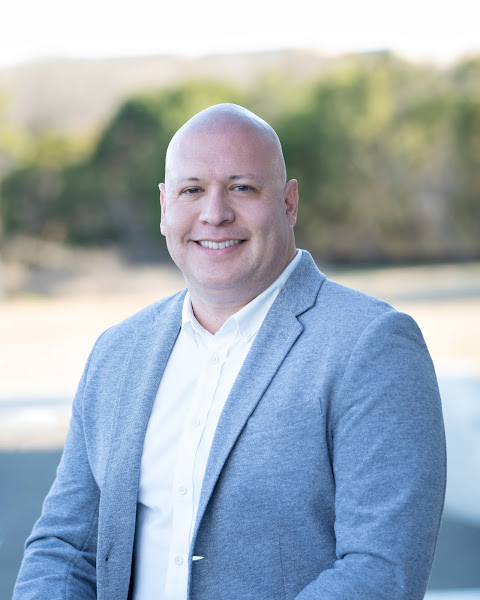Overview
What is TMS therapy?
Transcranial magnetic stimulation is FDA-approved to treat depression. A machine uses highly focused magnetic pulses to stimulate brain cells and treat depression. It is non-invasive, and there is no pain. This can be a great alternative for someone who has not responded to medications for treating depression. Sessions are 20 minutes long, five days per week.
We have partnered with Magstim and use their exclusive StimGuide® 3-D Positioning System. This offers precise, reproducible treatments without the need for helmets or uncomfortable electrodes that other brands may use.
Does TMS therapy work?
Yes, TMS works. Double-blinded, randomized, controlled trials showed that TMS works to improve depression symptoms. It is not the right fit for everyone, but if you’re looking for a non-medication treatment option, contact Specialty Clinic, and we’ll discuss what is right for you.
How much does TMS therapy cost? If you’re struggling with depression, the last thing you need is to worry about finances. At Specialty Clinic, we have a dedicated team that can work with your insurance company to get you the best rates possible for TMS treatments. Most insurance companies cover TMS, call us, and we can let you know what your out-of-pocket cost will be.
How long does TMS therapy take to work? Recovery from depression can be a slow process. Studies show improvement at the 6-week mark, but patients can notice they are more active and engaging in life by three weeks. Things may not be perfect, but you can start to see the light at the end of the tunnel.
How many sessions of TMS therapy do you need on average? TMS sessions are 20 minutes long, five days per week. This is done for a total of 6 weeks. Studies show improvement at the 6-week mark, but patients can notice they are more active and engaging in life by three weeks.
TMS therapy success rate
According to research by Neurostar, 60% of patients who try TMS therapy see an improvement. Although TMS is the latest in the list of treatments available for depression, it is not one size fits all and depends on each patient’s circumstances.
Is TMS therapy safe?
Yes, TMS therapy is safe and effective. Most people experience no major side effects. Occasionally, people can experience scalp discomfort or headaches.
Is TMS therapy permanent?
No treatments for depression are permanent, but there is hope. Think of depression as a chronic disease – one that can be managed, like high blood pressure or diabetes. Once your symptoms are under control, you can enjoy your life again. Sometimes patients use TMS as a way to get out of a depressive episode and then resume medication to maintain their well-being. Everyone’s needs are different, so contact Specialty Clinic, and we can find an individualized treatment plan that can help you.
Does TMS therapy cause side effects?
TMS is generally safe and is considered non-invasive. You may experience scalp tenderness during the course of the treatments. It is not dangerous, but if scalp tenderness occurs, talk to your doctor to see what can be done.



